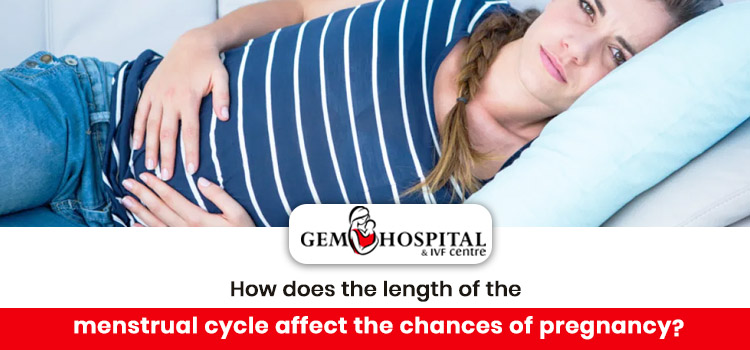The majority of girls of reproductive age naturally go through cycles. Every month, the body undergoes a sequence of physiological and hormonal changes intended to prepare it for pregnancy. Although there are frequent fluctuations in cycle duration, the menstrual cycle typically lasts about 28 days. The best gynae in Punjab offers proper treatment.
What is the definition of the Menstruation cycle?
Most females of reproductive age experience the menstrual cycle, sometimes called the reproductive or ovarian cycle, as a regular physiological change meant to prime the body for a possible pregnancy. Although there are frequent fluctuations in cycle duration, the menstrual cycle typically lasts about 28 days.
Different phases of Menstruation
Menstruation
- Duration: Usually lasts between three and seven days.
- This stage signifies the start of the menstrual cycle; monthly blood is the body’s way of releasing the uterine lining, which has swelled in application pregnancy, during the monthly cycle.
Follicular Phase:
- Duration: Usually lasts 14 days in a 28-day cycle, starting on the first day of Menstruation and ending with ovulation.
- Follicle-stimulating hormone stimulates the formation and development of ovarian follicles, each containing an immature egg, during the follicular phase. Oestrogen is produced by the growing follicles and aids in thickening the uterine lining in anticipation of a possible pregnancy.
Ovulation phase
- Duration: Usually occurs on day 14 of a 28-day menstrual cycle, which is in the midst of the cycle.
- Ovulation is the release of a developed egg from an ovarian follicle. Usually, a spike in luteinizing hormone causes this. Ovulation marks the most fertile phase of the menstrual cycle when conception is most likely to happen.
Luteal phase
- Duration: The luteal phase usually lasts about 14 days in a 28-day cycle. It starts after ovulation and continues until the beginning of the subsequent menstrual period.
- Description: The burst ovarian follicle becomes the corpus luteum, a tissue that secretes progesterone after ovulation.
- Progesterone helps preserve the uterus lining and prepares it for a possible fertilized egg implantation. The corpus luteum deteriorates, progesterone levels fall, and the menstrual cycle starts over if fertilization is unsuccessful.
What happened during the different phases of Menstruation?
The female body goes through multiple phases during the menstrual cycle, each marked by hormonal fluctuations and physiological changes. Below is a summary of the many stages:
Menstruation phase:
- The menstrual cycle officially begins at this phase.
- The endometrium, the uterine lining, shedding causes menstrual bleeding.
- Hormone levels, especially those of progesterone and estrogen, are low initially but progressively rise as this phase ends.
Follicular phase:
- Starting on the first day of Menstruation, the follicular phase co-occurs with the menstrual phase.
- The pituitary gland secretes follicle-stimulating hormone, which promotes the growth of follicles in the ovaries.
- The endometrium thickens in anticipation of the possible implantation of a fertilized egg as estrogen levels rise.
- During ovulation, a single dominant follicle usually develops and releases an egg.
Ovulation phase
- The matured follicle bursts around the middle of the menstrual cycle, releasing an egg from the ovary.
- Because the egg can be fertilized by sperm during this phase of the menstrual cycle, it is the most fertile.
- A spike in the pituitary gland’s production of luteinizing hormone causes ovulation.
Luteal phase
- The ruptured follicle becomes the corpus luteum after ovulation, secreting progesterone and a small amount of oestrogen.
- As progesterone levels rise, the endometrium thickens and becomes more glandular in anticipation of embryo implantation.
- If fertilization is unsuccessful, the uterine lining sheds and a new menstrual cycle begins when hormone levels fall near the conclusion of this period.
- When fertilization occurs, the corpus luteum produces hormones to maintain an early pregnancy until the placenta takes control.
Throughout these stages, the body undergoes several hormonal and physiological changes, coordinating the menstrual cycle and preparing the uterus for a possible pregnancy. Visit the best hospital, Gem Hospital and IVF Centre, to get the treatment done.



